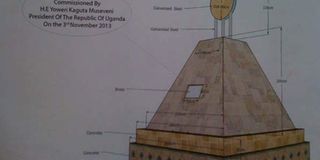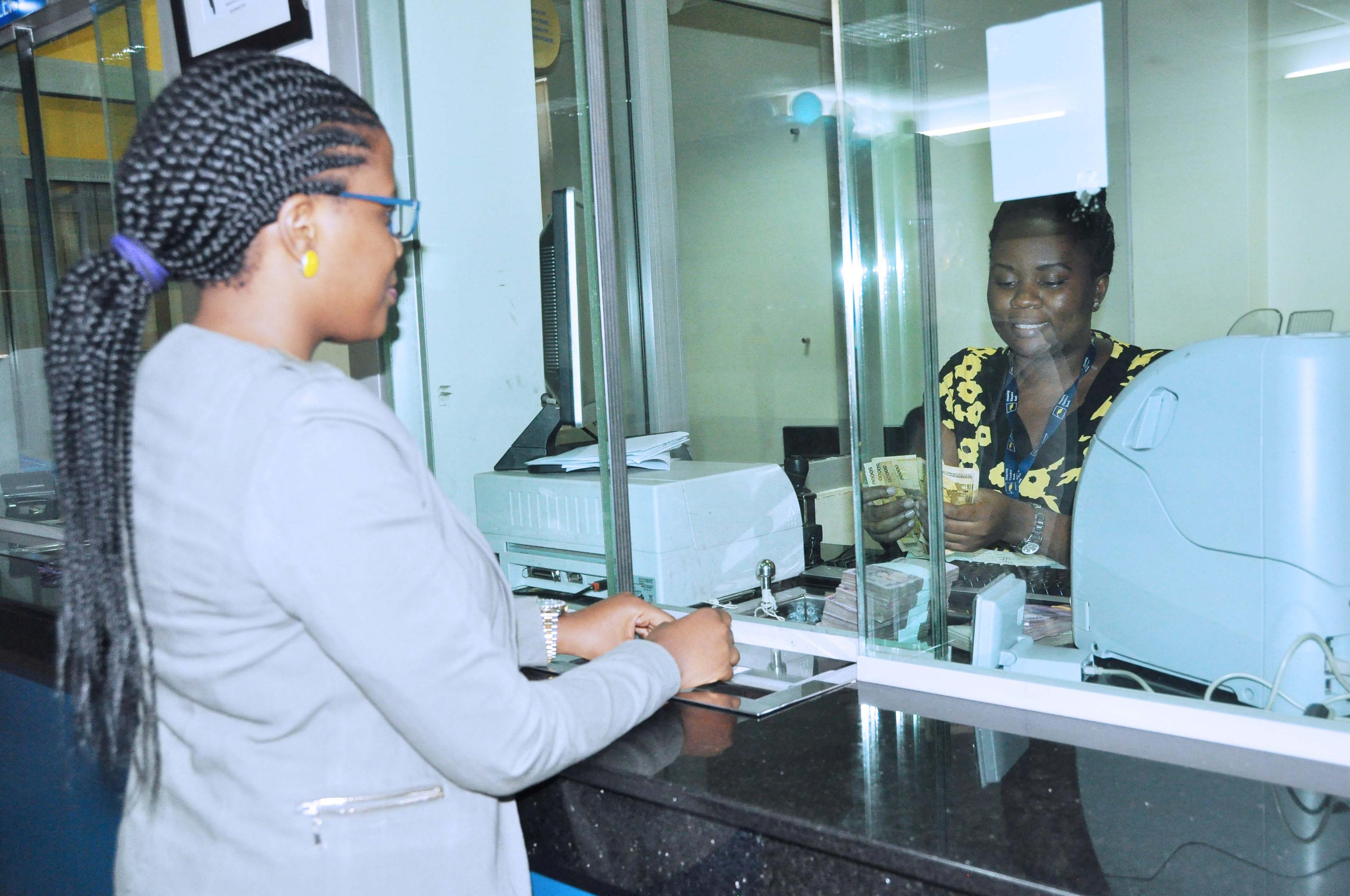Prime
Life in Owiny village changes over eclipse

The artistic impression of the eclipse monument at Pakwach in Nebbi district. PHOTO BY FELIX WAROM OKELLO.
Nebbi- The area once used only as grazing, farming and housing land, has become a popular place worldwide with about 35,000 people are expected to watch the Hybrid Solar Eclipse on November 3 there.
The former bumpy road to Owiny Primary School has been worked on and so have the dilapidated water points and sanitary facilities.
Someone who visited the area three months ago would be amazed at how much it has changed.
The elders of Nebbi District describe this as a miracle (thangu).
Mr Salva Onen, 67, says: “I will be happy to be part of history. I hope that government eventually develops the place into a tourist site.”
Some residents have already added eclipse to their name so that they are associated with it like Mr John Owachi Eclipse.
Mr Owachi says this is an opportunity to have the town developed.
“I love to be called Owachi Eclipse because the eclipse is important in the world. But most importantly, school going children should be educated more on this miracle which happens once in a lifetime. This shows that we are blessed with a strategic location,” he said.
The district leaders moved the 51st Independence anniversary celebrations to Pokwero Town in order to sensitise people about the eclipse and nullify rumours claiming the world is coming to an end.
The Nebbi district chairperson, Mr Robert Okumu, said: “People should not be misled that this is the end of the world. These are historical occurrences which people should experience in their lifetime.”
Over the past week, Owiny Sub-county near Pakwach in Nebbi District, has been swamped by researchers studying scientific phenomena ranging from the behavior of birds and other animals to atmospheric changes affected by the eclipse.
One author, Mr Jerry Kasamba of Nebbi Town, says he is going to write a book on the eclipse.
“There are many cultural stories related to the eclipse which we learnt from elders that have never been published. For instance that there is a belief that the Sun is a husband to the Moon and the stars are their children,” Mr Kasamba, said adding: “I hope the book will educate the current people on this in relation to ancient biblical studies on the Zodiac signs.”
Hotels in Pakwach, Nebbi, Arua and Paraa Safari Lodge are currently fully booked and most have arranged for taxis to transport people from the town to Owiny Primary School.
Scientists are expected to set up telescopes and other equipment at Owiny a day in advance.
How it will unfold
The eclipse is projected to start in phases at 2:30pm but its maximum point when a total shadow is experienced will be at 4:15pm in the vintage districts for about 100 seconds. Expect darkness to clear between 5:30pm and 6pm and the sun will be seen momentarily before it finally sets.




